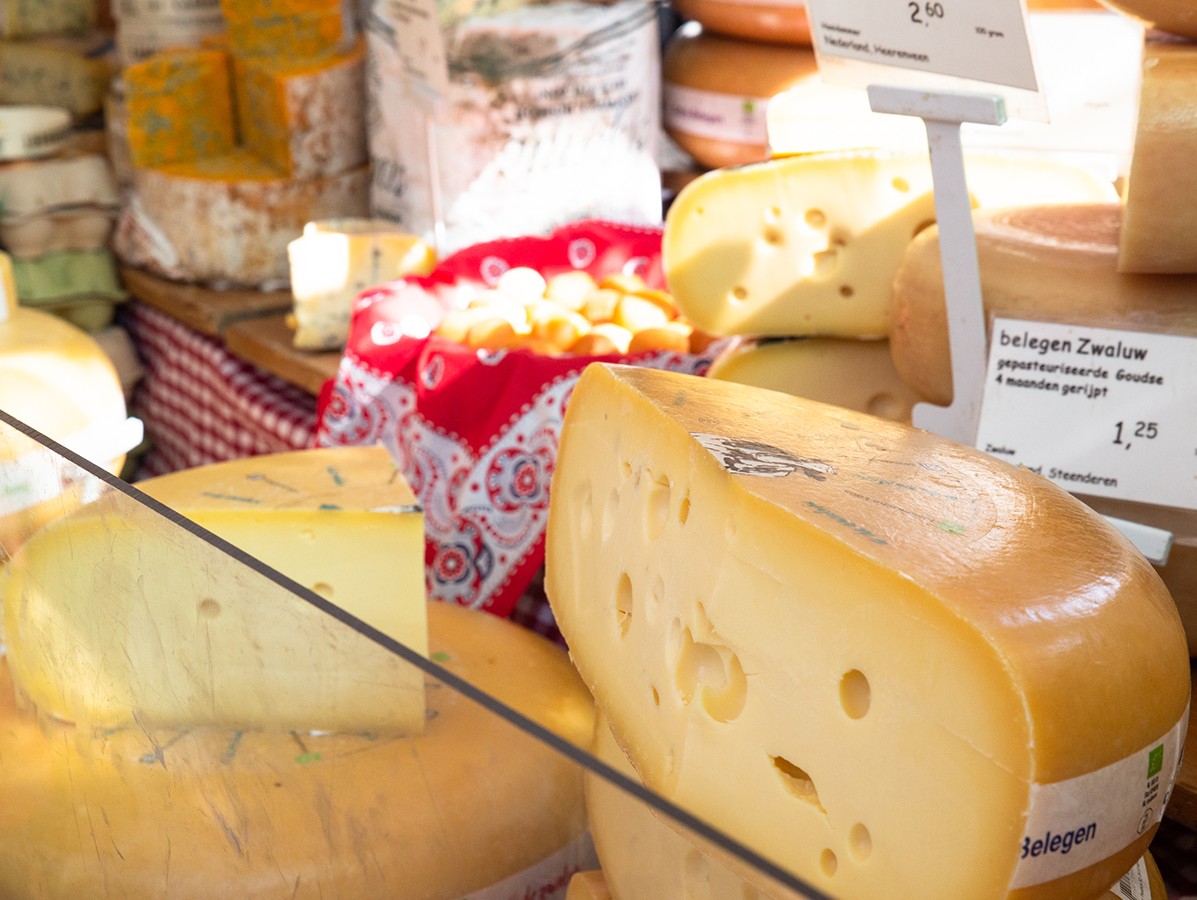
In order to stimulate the sale of more regional products, Minister Schouten of Agriculture, Nature and Food Quality organises, among other things, a trade mission in her own country. Rudi Buis, senior spokesman for the Minister of Agriculture, Nature and Food Quality, explains how and why.
"The national trade mission is currently planned for spring 2020."
"The aim of the trade mission is to make consumers, entrepreneurs, retailers, care institutions, processors, chefs and policymakers aware of the beautiful products that the Netherlands produces."
"In the course of time, an increase in the scale of agricultural production, as well as urbanisation and the decline in the agricultural workforce, have created a wider distance between farmers and citizens. As a result, farmers and horticulturalists do not always feel appreciated for providing everyone with daily food and drinks. Greater appreciation of food by consumers contributes to the realisation that food production has a major impact on our living environment. It can also contribute to the earning capacity of farmers and horticulturists. A good example of this is the municipality of Bunnik. This municipality supports dorpsplein-bunnik.nl. On this website the local entrepreneurs offer their locally responsibly produced and prepared food, which you can immediately order online. The municipality has donated a sustainable delivery method, an electric cargo bike, to this initiative."
"The preparation for this national trade mission is still in its early stages."
"Most people buy their food in supermarkets. The Minister wants to make it possible for these consumers to buy regionally produced food there as well. In addition, buying directly from the farmer and horticulturist, at regional markets and at urban farms can bring the producer and consumer closer together, and increase appreciation for the food and the work of the farmer. It gives consumers an insight into where their food comes from and may also lead to greater respect for producers and products. This reduces food wastage and allows the producer to get a better price for his products. In addition, by purchasing local products, you support the local economy, so that the middle class continues to sponsor the local associations."

"In principle, cooperation is open to all parties who care about regional products."
"At the agribusiness counter (www.ruimteinregels.nl), entrepreneurs who experience unnecessary regulatory pressure in their day-to-day business operations and who experience obstacles to proposed innovative investments can report this. There are bottlenecks in the logistics sector, for example."
"The Minister wants a switch from the system of constantly lowering the cost price of products to constantly lowering the consumption of raw materials. That is what we call 'recycled agriculture'. Recycled agriculture leads to a better position for the farmer and better nature. And beautiful products on the shelves. You can't be against that."
"The national trade mission is part of the Ministry of Agriculture, Nature and Food Quality's vision of thrift agriculture and the associated realisation plan, which was published before the summer. Dutch agriculture, horticulture and fisheries are world leaders. The government's ambition is to maintain this position, even in 50 years' time."
"At the same time, the Netherlands is facing a number of major social challenges. For example, our soil, which is the most important resource for farmers, is in danger of being exhausted, we are faced with a loss of biodiversity and the Netherlands has committed itself to the climate agreement. In order to meet these challenges, Minister Schouten of Agriculture, Nature and Food Quality (LNV) has opted for a transition to recycling agriculture in 2030, which includes the trade mission."
Photos: ©Ministerie van LNV
Source: © Vakblad Voedingsindustrie 2019